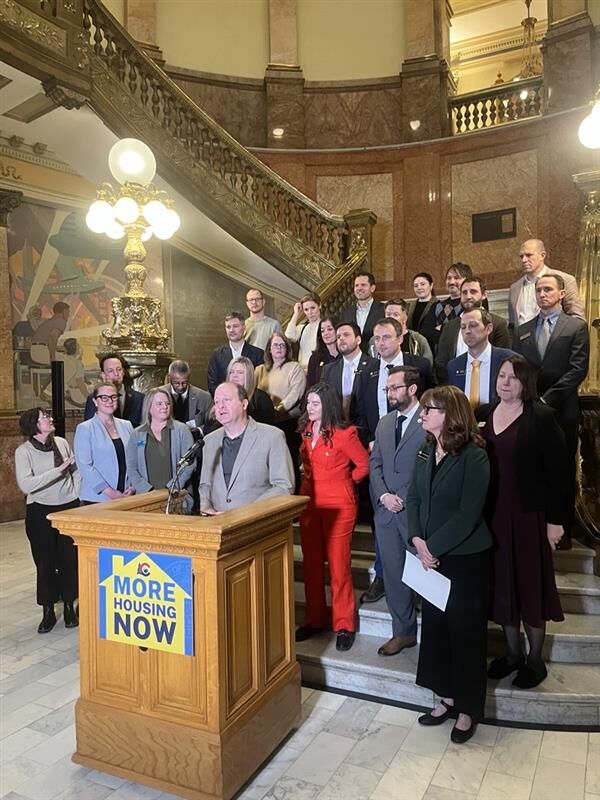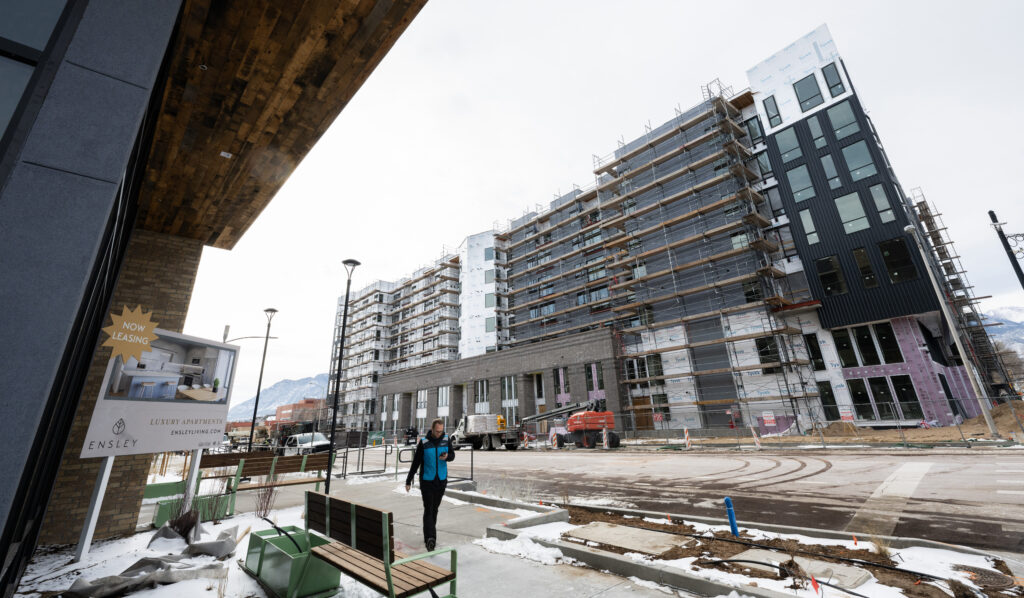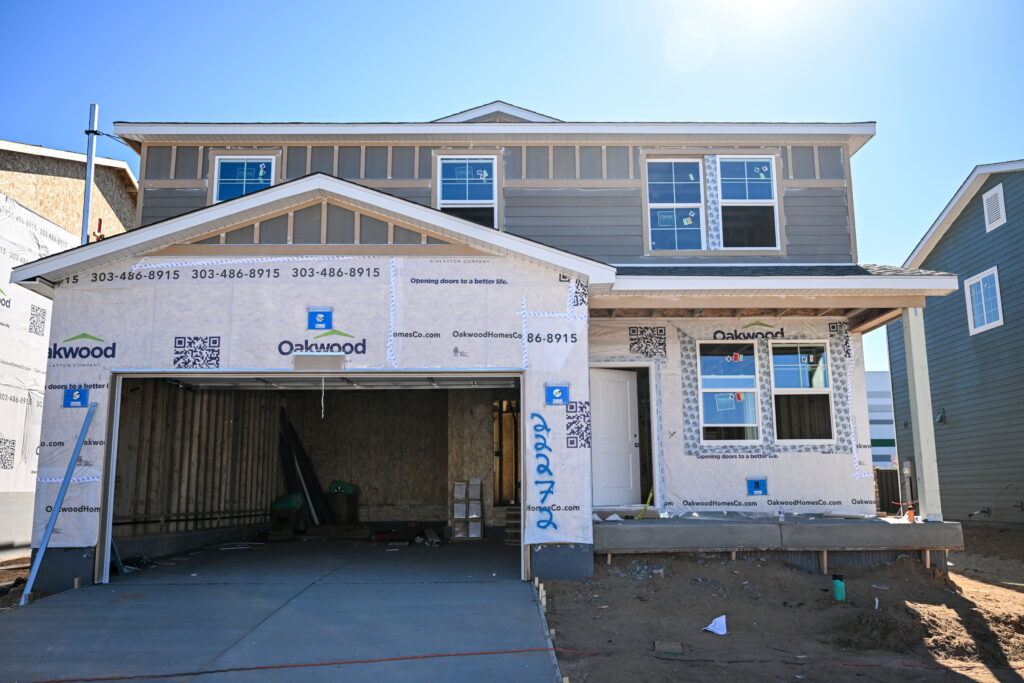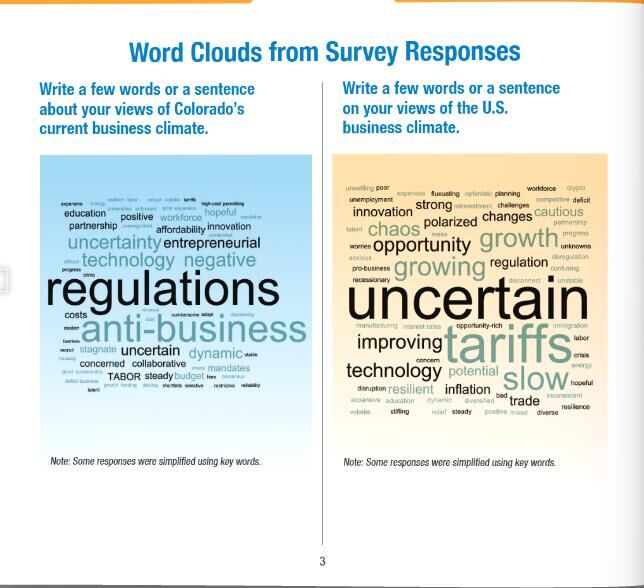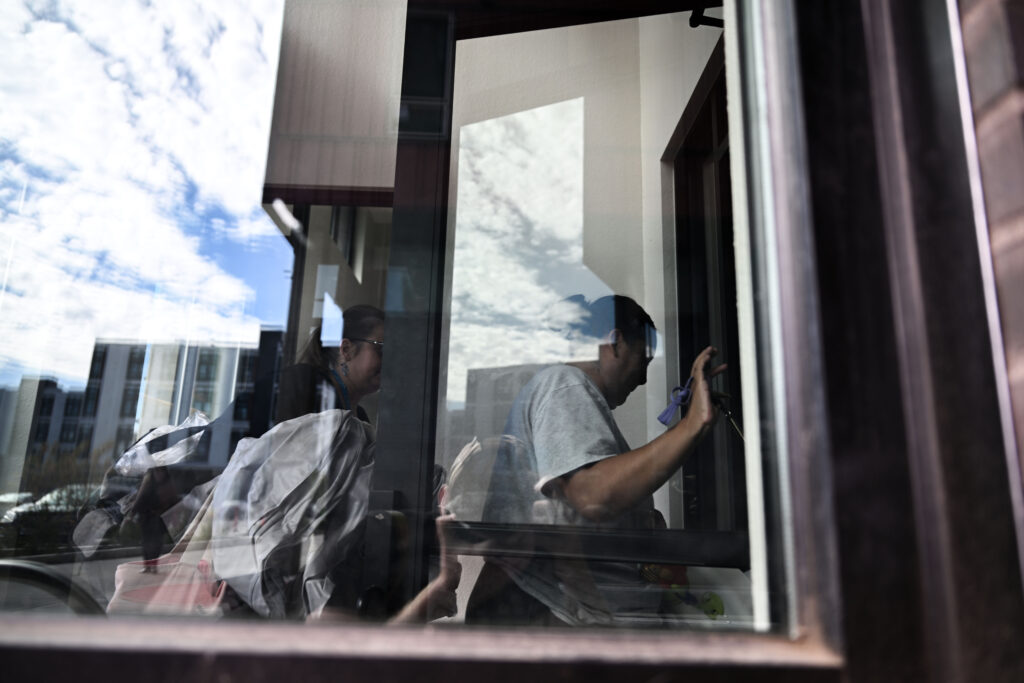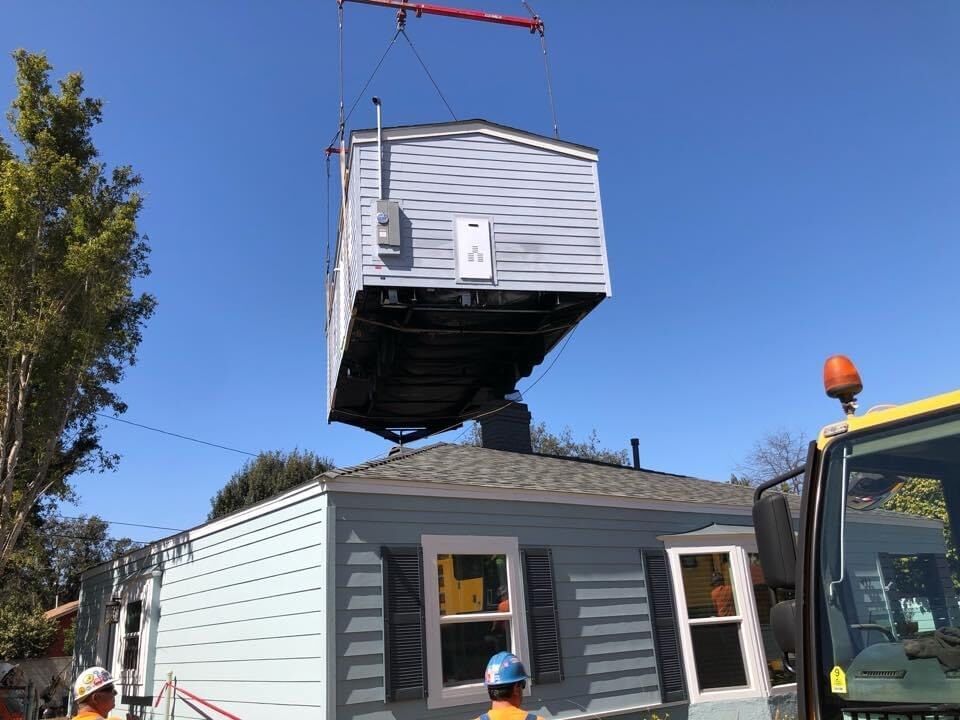Bill aimed at increasing Colorado condo construction advances to full Senate
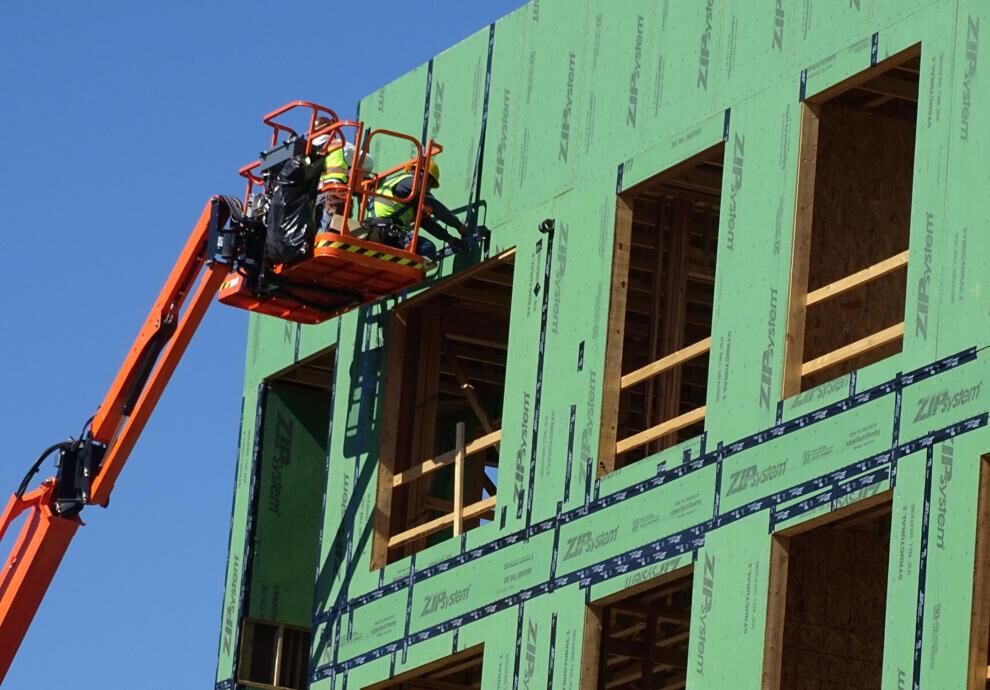
A bill whose sponsors hope would spur more construction of affordable condos by reducing insurance costs has cleared its first hurdle.
Senate Bill 106 won a 4-3 vote from the Senate Local Government and Housing Committee on Thursday. Testimony on the bill took place two weeks ago, and the bill’s sponsors – Sens. Rachel Zenzinger, D-Arvada, and James Coleman, D-Denver – have been working on amendments to move the measure forward.
The vote in committee underscored the difficulties the proposal faces, as well as the alliances forming to support it.
Three of the committee’s four Democrats, who hold a majority on the panel, voted against the measure, along with some of the amendments proposed by sponsors.
But the measure received the support of the committee’s three Republicans, along with committee chair Sen. Tony Exum, D-Colorado Springs. Exum, who joked his life has been consumed by the bill, had worked with the sponsors on amendments that won approval Thursday.
The measure has received the most bipartisan backing of the housing bills in the 2024 session, with a dozen sponsors from both sides of the aisle in the Senate and 11 sponsors from both parties in the House. Unlike other housing bills working their way through the General Assembly, SB 106 also has the support of a long list of municipal governments, along with builders and contractors, and affordable housing advocates like Housing Colorado.
SB 106 is intended to assist the construction industry with what developers and others believe is the most significant barrier to building condos – the insurance cost for dealing with “construction defects.” That insurance can increase the individual price of a condo from $9,000 in the early 2000s to more than $41,000 in 2023.
A report last September from the free-market think tank Common Sense Institute said that “insurance costs for condominiums surged to 5.5% of a project’s hard costs, more than 233% higher than multifamily rental home projects, which had insurance costs as low as 1.1% to 1.65% of project hard costs.” Insurance costs are tied to lawsuits over construction defects, according to supporters of SB 106.
As introduced, SB 106 would modify the state’s 2001 Construction Defect Action Reform Act. That law set up a process for homeowners to sue builders when they find defects, which can range from serious issues, such as cracks in the foundation or HVAC problems, to smaller problems, such as defective cabinetry and leaks.
The measure gives homeowners a series of options for resolving condo defects, which can include binding arbitration. The homeowner can choose to allow the contractor to repair the defects, or allow a third party to do that work, paid for by the contractor. Completion of remedial work settles and releases a claim, and all future claims related to the construction defect are limited to the remedial work.
As introduced, SB 106 would increase the number of homeowners in an HOA who agree to a construction defects lawsuit from 50% plus one to two-thirds. That was reduced to 60% on Thursday.
This will improve the right to remedy defects, Zenzinger told the committee. She explained that it also would reduce claims and give homeowners options aside from taking the most expensive option, which is going to court.
In concluding the hearing, Coleman said, “We want to find a way to protect homeowners rights,” adding that residents in his community just want to be able to afford a home.
“We shouldn’t have to pass policy that impacts a homeowner’s rights to have their defects remedied,” Coleman said.
Zenzinger added the question is how to reignite the construction of affordable condos.
“If the problem … is unaffordable construction insurance, even if you don’t believe it’s part of the problem, it doesn’t hurt to solve it. If it is the problem, we’ll solve it,” she said.
The bill now heads to the full Senate for debate, although both the sponsors and committee members said more work needs to be done before the full Senate tackles the bill.



